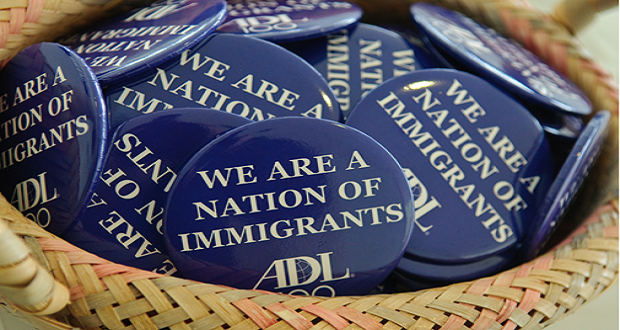 This is a guest post written by Susan McCuistion. Susan is founder of Inclusion Works, LLC, a diversity & inclusion consulting, coaching and training organization, and a senior consultant for The Winters Group, Inc.
This is a guest post written by Susan McCuistion. Susan is founder of Inclusion Works, LLC, a diversity & inclusion consulting, coaching and training organization, and a senior consultant for The Winters Group, Inc.
 The thrill of victory – the agony of defeat. The Olympics are in high gear.
The thrill of victory – the agony of defeat. The Olympics are in high gear.
I admit – I’m an Olympics junkie. I cry at every opening and closing ceremony. I have three apps on my phone to follow the sports on a minute-to-minute basis. I watch live feeds of events, because I can’t wait for the tape delay here in Chicago. With each event, athletes from every nation display their athletic prowess and pride for their countries. As flags from the medal winners are hoisted in triumph, national anthems play – or sort of.
The cultural coach and educator in me watches from a different angle. Each Olympics is unique and exciting. Even before the games began this year, controversy erupted when Iran called the logo for the games racist. On a more positive note, every county participating this year had a woman athlete, a first in Olympic history.
With so many countries in attendance, cross-cultural skills are on display. Just like with any cross-cultural interaction, mistakes are bound to happen. As with any learning, it’s how we deal with these mistakes that teach us the greatest lesson. Let’s look at a few.
- Greek triple jumper, Voula Papachristou, and Swiss football (soccer) player, Michel Morganella, have been excluded from the games for sending tweets deemed by their respective nations’ Olympic committees to be racist. Papachristou has called her tweet, “an unfortunate and tasteless joke.” Morganella issued a more thoughtful apology, admitting to the mistake and accepting the consequences.
- Wodjan Ali Seraj Abdulrahim Shahrkhani, a Saudi woman athlete in judo, was originally told she could not wear her hijab during competition due to “safety concerns.” Shahrkhani said she would withdraw. Eventually, an agreement was reached allowing her to wear the hijab. A statement released by the International Judo Federation said, “The solution agreed guarantees a good balance between safety and cultural considerations.”
- The Hungarian winner of a fencing medal had to listen to a version of his national anthem that was called “weird and inaccurate.” The London Philharmonic Orchestra had recorded the version a year ago, and they had not had it checked by anyone who actually knew the anthem. They have agreed to rerecord it.
- Discussion on talk shows about the Olympics has even become controversial. “The View’s” Barbara Walters and Whoopi Goldberg caused a major uproar when they talked about Queen Elizabeth II’s “sour face” during the opening ceremony. Whether one shows emotion or not can be a cultural issue. For people from cultures where it is OK to show emotion, even the slightest bit of non-emotion might seem stern.
The Olympics offer “to build a better world through sport.” To do this, we all – athletes, commentators and spectators – must be culturally competent. Fortunately for us, the Olympics are packed with opportunities to practice cultural competence.
What have you learned?


















